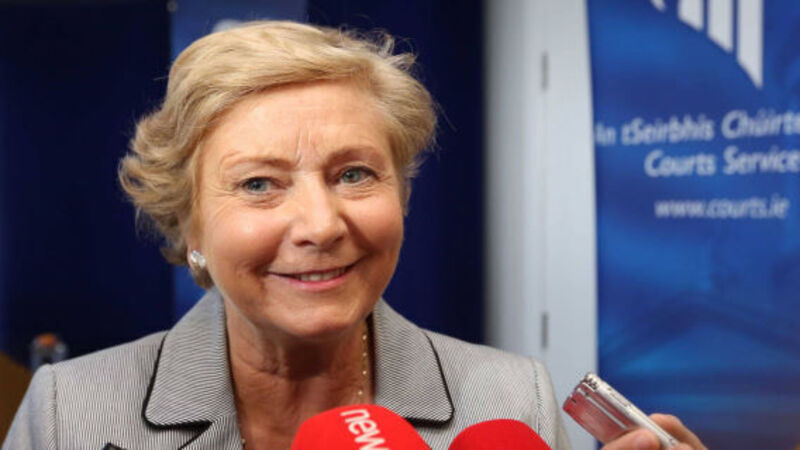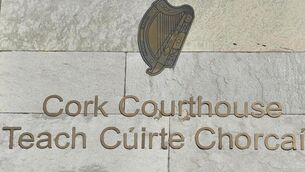Cross-border force urged to crack down on smugglers

A full-time combined force of police, revenue, customs and environmental agencies is needed to crack down on crime lords and dissident republicans who exploit the border regions, the report says.
Tougher laws must also be introduced to go after ‘phoenix’ companies linked to smuggling, which evade prosecution by transferring assets into other companies or changing their directors.













